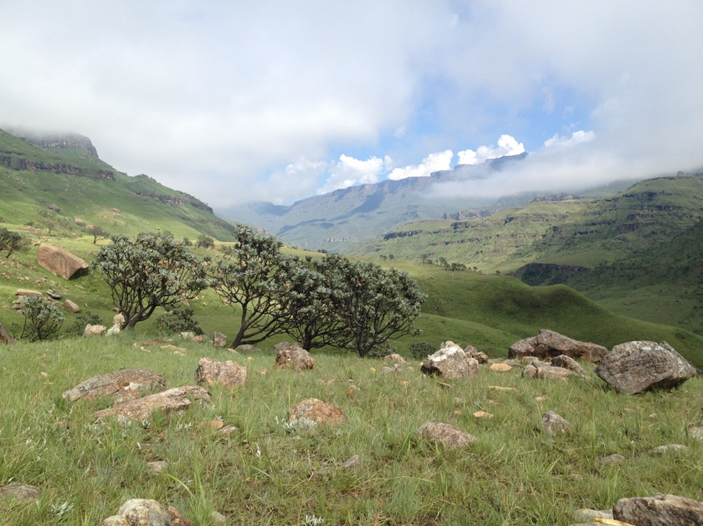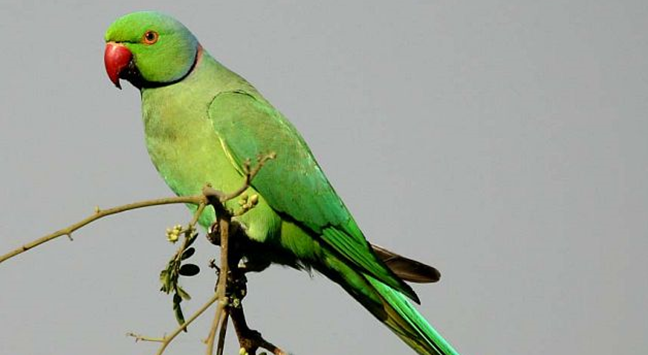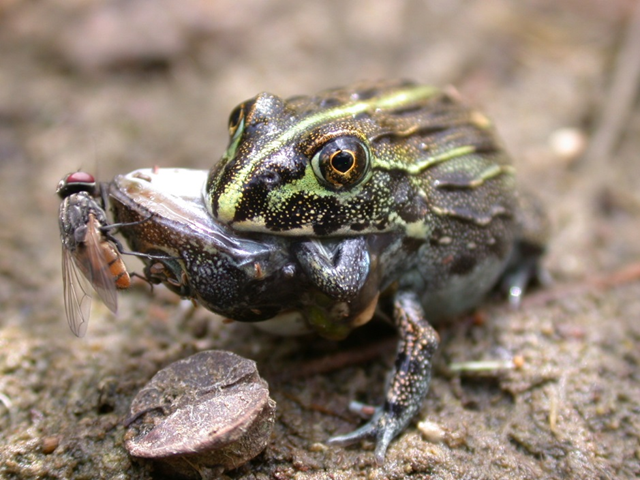Beta diversity of montane ants
A recent study by C·I·B and University of Liverpool student Tom Bishop and supervisors Mark Robsertson, Berndt Janse van Rensburg and Catherine Parr has asked how the composition of ant groupings changes across environmental gradients.




